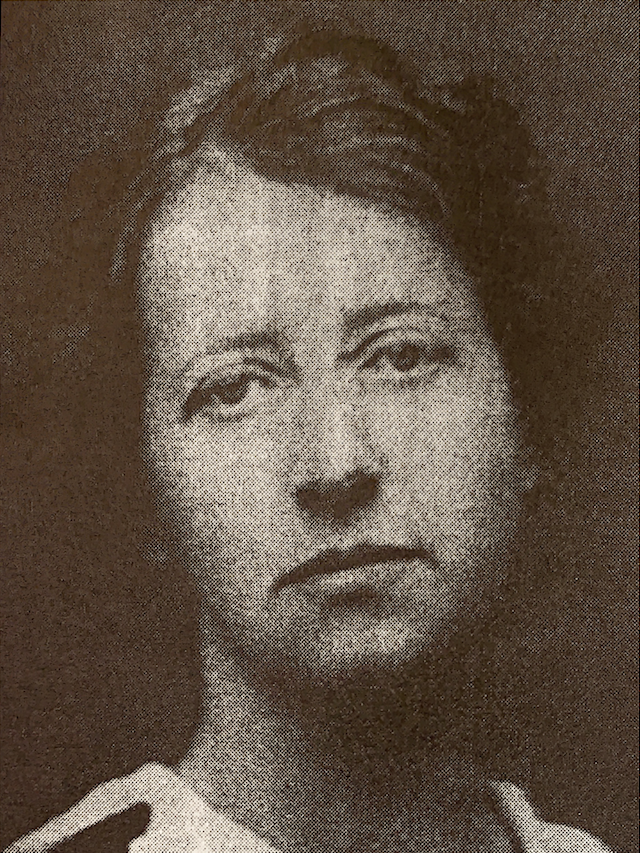2. Jennie Blanche Newhall - June 30, 1920 |
Born on June 8, 1874, in Concord, New Hampshire, J. Blanche Newhall graduated from Concord High School. Her first job was as a clerk at a large law office in her hometown, where she resided throughout her life, with the exception of a brief stint of war work in Washington, D.C. during World War I. Attorney Newhall's legal preparation consisted of correspondence courses at Hamilton Law College and study under New Hampshire attorneys, culminating with study while she worked as a secretary to the New Hampshire Attorney General. She petitioned for admission to the bar on December 2, 1919. Among the correspondence associated with her petition is a letter to the Honorable Robert J. Peaslee on December 5, 1919, to which she attached her amended petition, including her full first name rather than merely her first initial (Attorney Newhall went by J. Blanche). Apologizing, Miss Newhall wrote, "I am sorry that you were bothered to send it to me - the more so as I am very doubtful that my name will ever appear on the roll of attorneys." In 1920, she successfully passed the bar exam and was admitted to practice on June 30 of that year. Attorney Newhall continued to work in the New Hampshire Office of the Attorney General and was promoted from secretary to law clerk. She served as the first woman law clerk in the attorney general's office for more than 25 years, during which she argued many cases before the New Hampshire Supreme Court . Her position there earned her the reputation as an expert in New Hampshire corporation law. Attorney Newhall was an active member in the National Association of Women Lawyers and served as vice president of that organization. She was also a charter member of the Concord Business and Professional Women's Club. Perhaps one of her most notable contributions to the status of women in New Hampshire was her crusade to enable women to hold public office. In 1927, she applied to the governor and executive council to become a justice of the peace. The matter was then referred to the New Hampshire Supreme Court. The supreme court ruled that there was no constitutional bar to appointing a women to this office, but that legislation must first be passed to allow it. Attorney Newhall drafted the appropriate legislation and lobbied heavily for its passage. The act was passed in 1929. The governor and executive council appointed Attorney Newhall to be the first woman justice of the peace in February 1929. Attorney Newhall revised the 1888 edition of Justice and Sheriff, an important text in court procedure. Her edition was published in 1931. She described her devotion to New Hampshire and others best when she stated, "I studied law to be of help to others more than to secure material gain to myself." This attitude was reflected in her personal life and her involvement with the Hathaway Outing Club, the Daughters of Founders and Patriots of America, and the Unitarian Church of Concord. |
J. Blanche Newhall |
.png)
